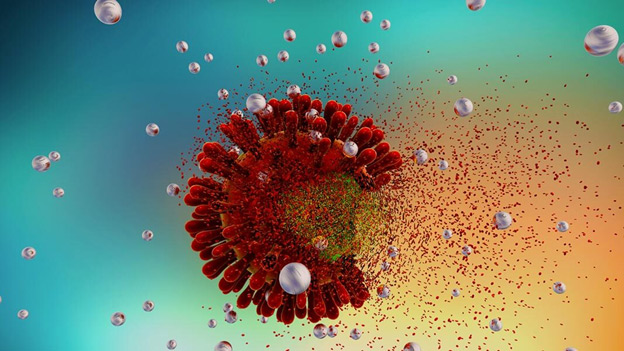Primary immunodeficiency states belong to the group of severe genetically determined diseases caused by the violation of one or more immune defense mechanisms. Most of these conditions make their debut in early childhood with an increased susceptibility to infectious diseases.
Secondary immunodeficiencies are the result of serious external effects on the body: radiation, immunosuppressive chemotherapy, severe infections (for example, HIV). Compared with the first group, they are much more common, however, as a rule, they don’t cause diagnostic problems, as they are the result of already known factors.


